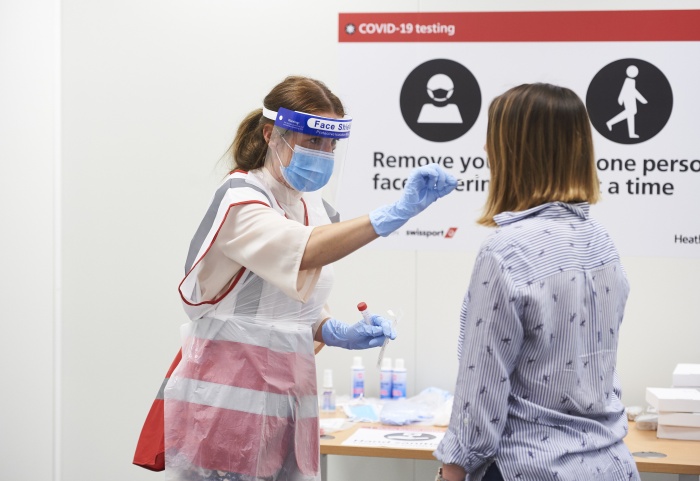
IATA calls on governments to ditch quarantine
The International Air Transport Association (IATA) has urged governments to make data-driven decisions to manage the risks of Covid-19 when reopening borders to international travel.
Strategies without quarantine measures can enable international travel to restart with a low risk of introduction of Covid-19 to the travel destination, the body said.
“Data can and should drive policies on restarting global travel that manage Covid-19 risks to protect populations, revive livelihoods and boost economies.
“We call on the G7 governments meeting later this month to agree on the use of data to safely plan and coordinate the return of the freedom to travel which is so important to people, livelihoods and businesses,” said Willie Walsh, IATA director general.
Evidence continues to show that vaccination protects travellers from serious illness and death, and carries a low risk of introducing the virus into destination countries, IATA added.
ADVERTISEMENT
IATA pointed to studies from the Robert Koch Institute, European Centre for Disease Control & Prevention and US Centres for Disease Control & Prevention to back up its claims.
“Many governments continue to require universal quarantine - either hotel-managed or self-managed.
“This impedes the freedom of movement, discourages international travel and destroys employment in the travel and tourism sector.
“Data from the UK tells us that we can and must do better.
“Almost 98 per cent of those detained because of universal quarantine measures tested negative for the virus.
“We now have more than a year of global data that can help governments make more targeted decisions on international travel.
“This can keep the risk of importing Covid-19 cases low - including variants of concern - while restarting international travel with minimal infringement on the ability to live normal work and social lives.
“Importantly, lives that include travel,” concluded Walsh.

